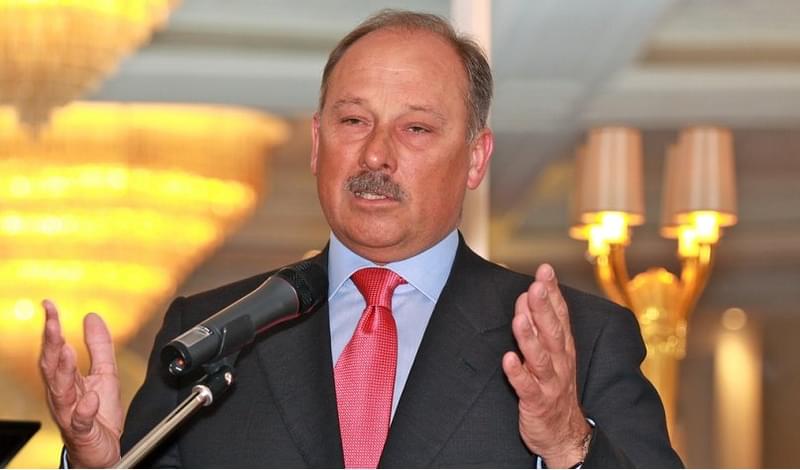Russian state development bank Vnesheconombank (VEB) has signed an agreement to raise up to CNY10bn (US$1.5bn) through a syndicated loan managed by Baoshang Bank, Bank of Chaoyang, Bank of Fuxin, Bank of Ganzhou, Bank of Juijiang, Bank of Weifang, Bank of Zhengzhou, Harbin Bank, Harbin Bank Financial Leasing and New China Trust. Harbin Bank is coordinating the deal.
The news follows another round of sanctions imposed by the US Treasury on a number of Russian companies on September 1st.
“With Western sanctions remaining in place and an inability to borrow from the international markets may well have sent Russian entities to look to other markets for external borrowing,” said William Jackson, senior EM economist at Capital Economics.
News of the plans comes after Russia’s finance minister said in April that the Russia sovereign could issue yuan-denominated bonds in the future.
Jackson added however that although there has been a lot of rhetoric about turning towards the east, especially regarding the construction of gas pipelines heading eastwards, the rhetoric has not been met with action, similarly to talk of increasing economic links with China.
“The move to borrowing more from China has been relatively small, and many corporates have recently turned to the dollar markets. It appears to be much more of a political shift.”
Over the last few months corporates such as NLMK, Sovcomflot and Evraz have issued dollar-denominated bonds as well as the Russian sovereign. Even VEB sold US$600mn in dollar-denominated bonds in July.
The reason behind the number of Russian dollar-denominated issuances is likely due to the fact that the pricing is much more favourable in dollars than in yuan.
The yield for a 10-year renminbi bond is just under 3%, whilst the yield on a 10-year US Treasury is just over 1.5%, so the currency of denomination means that the yield is likely to be higher.
Furthermore, the fact that any instrument is being offered to a more limited market might also increase the yield compared with a more global issuance.
Although demand for Russian debt would rise if the country turned increasingly to the east for financing purposes, investors would be able to find similar paper elsewhere.
“There may be some increased demand if Russian debt becomes a scarcer product, but there are many EM bonds where investors would be able to find exposure in a similar way to that of Russia’s, for example countries with a similar credit rating such as Hungary,” Jackson noted.
S&P Global Ratings rates Hungary BB+ stable, whilst Fitch and Moody’s rate the country BBB- stable and Ba1 positive respectively. The three agencies rate Russia BB+ negative, BBB- negative and Ba1 negative respectively.
“Alternatively, investors could look for other EMs which have significant oil exposure. Overall I do not think there would be a massive impact on the financial markets resulting from a Russian turn to the east,” Jackson continued.









